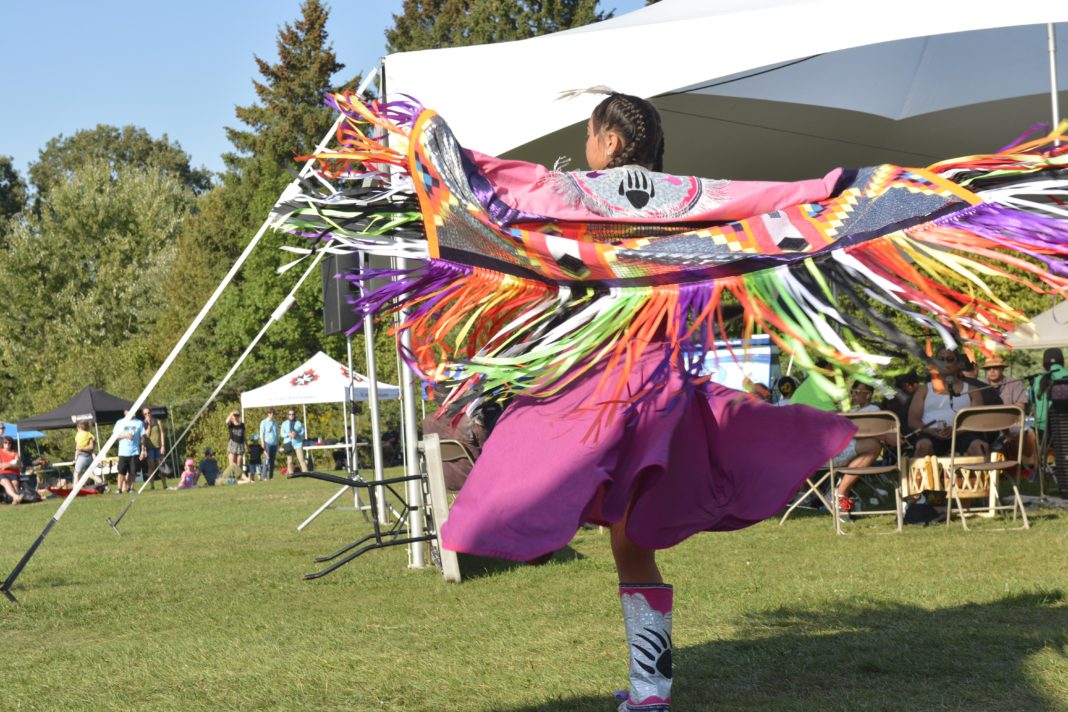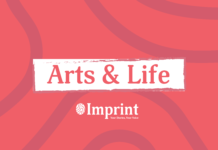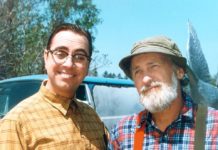According to data from the 2016 census, Canadian Aboriginal groups account for 4.9 per cent of the national population. At just over 1.67 million people, this figure has increased at a staggering 42.5 per cent since 2006 alone.
In response, institutions across Canada have taken measures to address the challenges and historical disadvantages facing this growing population; at the national level, the Truth and Reconciliation Council of Canada (TRC) and closer to home, the Ontario Undergraduate Student Association (OUSA) paper, entitled “Indigenous Students.”
Presented and passed at OUSA’s recent general assembly, the paper is aimed at providing recommendations specifically at a provincial level, said Andrew Clubine, Vice President of education for Feds and OUSA president.
The document, which includes 51 recommendations, addresses the variety of concerns facing Ontario’s Indigenous, specifically at the post-secondary level.
Of these issues, Lori Campbell, director of the Waterloo Aboriginal Education Centre (WAEC) and Cree-Métis from Saskatchewan, elaborated. The first issue she highlighted was that of finance.
Indigenous students, she said, receive minimal funding to support tuition costs and as a result, are driven to work part-time. As their academics suffer, these students are further disadvantaged in applying for other scholarships.
“It’s kind of a circle in this regard,” she said.
The recommendations of the paper go on to identify areas of need beyond the classroom, one of which was apparent to Campbell immediately upon her arrival in early 2017.
“I recognize that we don’t have an ‘Elders in Residence’ program through core funding here at the University of Waterloo,” she said.
However, the placement of elders would likely not prove a simple task.
“The university is a hub for a diverse group of Indigenous students,” she said, noting the importance of having elders representative of students’ backgrounds. “It’s not just a one size fits all thing, there is no … pan-Indigenous way [to go] about this.”
Furthermore, noted Campbell, such representation must extend to all areas of campus.
“It can be challenging when we don’t see anybody like us represented,” she said on the void of Indigenous presence in academic and professional fields. “Those spaces and places almost don’t seem achievable because we don’t see ourselves reflected.”
Currently, this reflection is all but invisible to many Indigenous students. According to the OUSA release, Indigenous students account for just one per cent of Ontario university student populations. At the University of Waterloo, students who self-declare a background of either First Nation, Métis, or Inuit amount to a population of just 130.
As such, beyond inspiration, representation at the institutional and governance levels ensures accountability, said Campbell.
“We can think that we’re doing really, really well but if we don’t have an Indigenous voice at the table? Then there’s no problem right?”
In bringing these voices to the table, Campbell was sure to note that the process would not be simple.
“You know, I think we need to be uncomfortable about the situation that we’re in,” she said. “Not just in the institution but nationally as a whole and I think if we’re not uncomfortable in sort of challenging ourselves to think a little bit about what role we’re playing within this structure that’s allowing inequities to continue.”
Of the OUSA report, Campbell’s overall impression — upon brief inspection — was positive.
“I think this OUSA report is helpful,” she said. “Our institutions and our Indigenous students would definitely benefit from having the recommendations met.”
In preliminary efforts to do so, Feds recently proposed a document parallel to the OUSA paper which, according to Clubine, provides “recommendations and directions for [the UW} campus in particular.”
Dubbed Education and Reconciliation: Indigenous Student Success at the University of Waterloo, the paper served as part of UW’s contribution to OUSA’s fall general meeting and as of October, was presented to Students’ Council.
A year in the making, according to Clubine, the paper outlines the duties of the University of Waterloo and Feds specifically with respect to reconciliation initiatives.
“The focus is more on the education side in the Feds paper,” he said. “[It questions] how the University of Waterloo provide[s] … academics in general informed by our duties to reconciliation, informed by Indigenous knowledges and with supports provided to people from Indigenous communities.”
Should the paper be approved, Clubine hopes this will encourage not only Indigenous courses but the incorporation of Indigenous knowledge into a variety of disciplines, as well as help to provide support and space for Indigenous students to self-identity on campus and engage with their Indigenous identity on campus.
“I think it’s a learning process that we’ve come to kind of as a country, really, especially following the TRC report … we have a duty to take part in not just repairing relationships with Indigenous communities but playing a part … in helping them become healthy communities,” said Clubine of the process. “And a lot of that has to do with access to education.”
Though the Feds paper has yet to pass, the matter is scheduled for address as of the next Students’ Council meeting, scheduled for Dec. 2 but subject to change.
Photo taken by Ju Hyun Kim






























